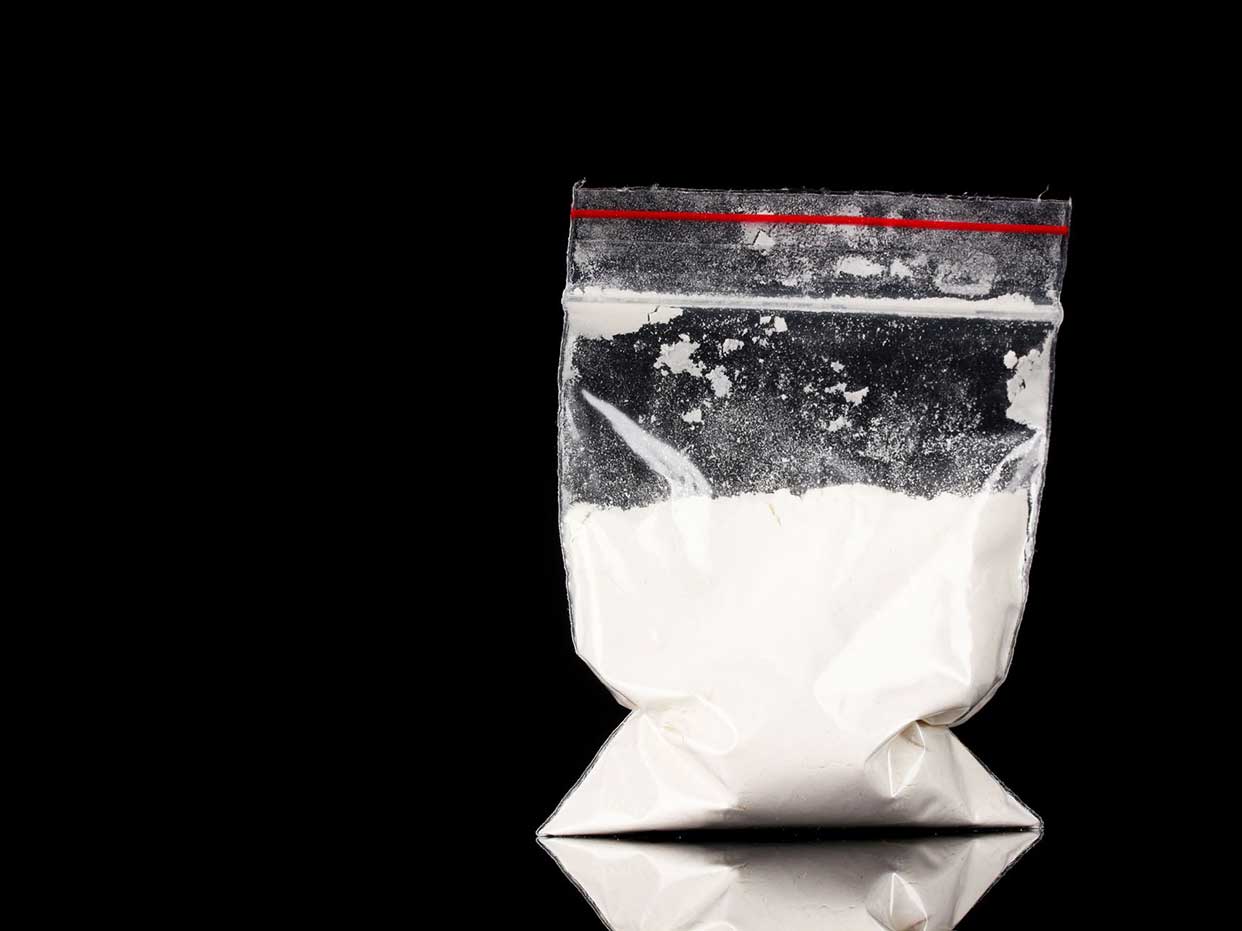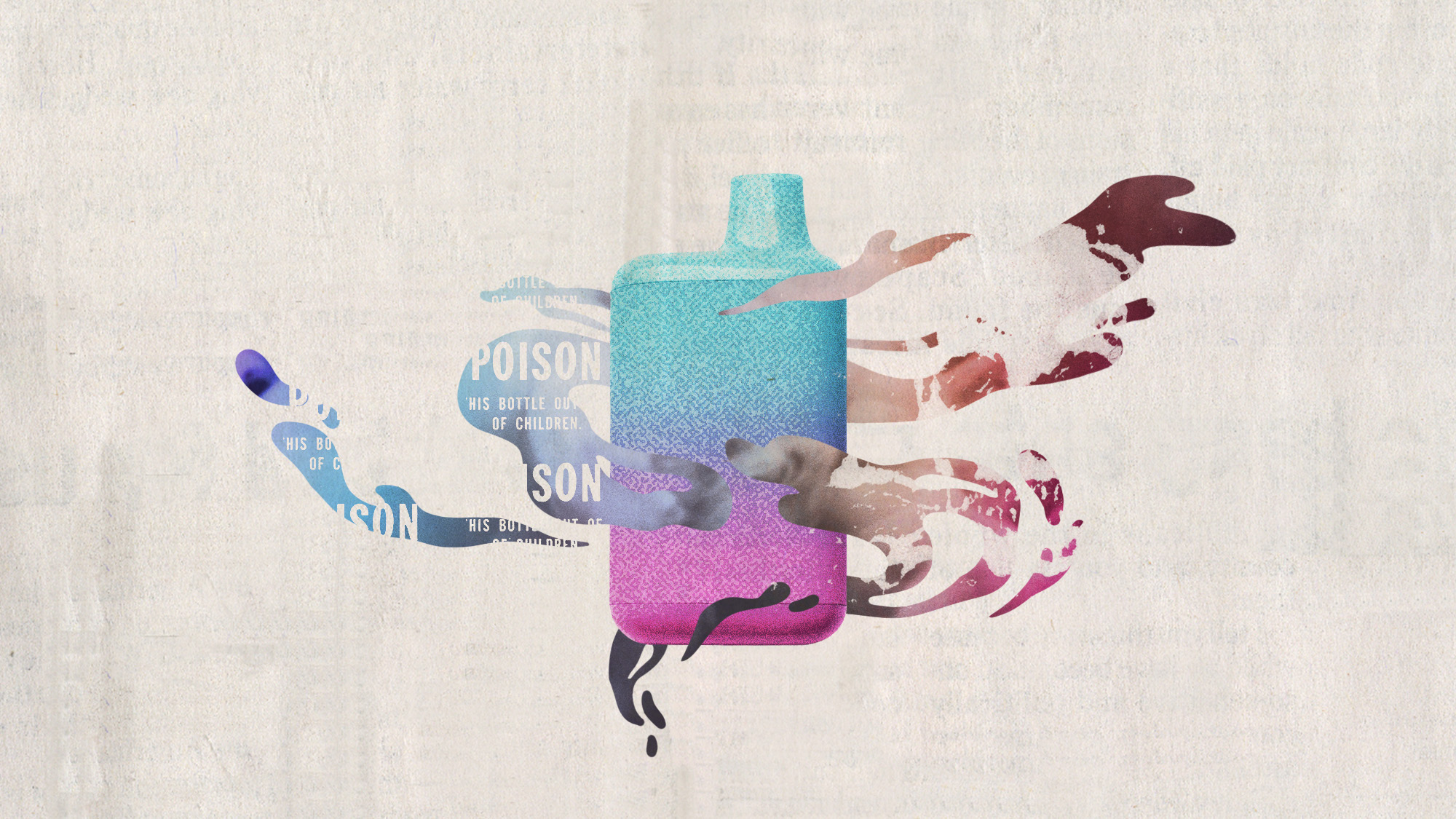Money mules swallowing wads of cash for Colombian drug gangs
Police arrest 27 people from criminal networks smuggling dirty money from Mexico

A free daily email with the biggest news stories of the day – and the best features from TheWeek.com
You are now subscribed
Your newsletter sign-up was successful
A massive drugs bust in Colombia has exposed an international smuggling scam in which poor and unemployed young people are paid to swallow capsules of so-called dirty money.
Colombian authorities, working with the US Immigration and Customs Enforcement agency, arrested 27 people from across four smuggling networks, reports Reuters. The suspects, detained at El Dorado airport in capital Bogata on Thursday, are accused of ingesting cash in order to sneak it into the South American nation from Mexico.
Officials say the cash mules typically swallow between 80 to 120 latex-wrapped capsules, each containing five $100 (£78) bills - payments from Mexican cocaine gangs to their Colombian suppliers. After arrived in Colombia, the mules are taken to a hotel and held there until they expel all of the capsules.
The Week
Escape your echo chamber. Get the facts behind the news, plus analysis from multiple perspectives.

Sign up for The Week's Free Newsletters
From our morning news briefing to a weekly Good News Newsletter, get the best of The Week delivered directly to your inbox.
From our morning news briefing to a weekly Good News Newsletter, get the best of The Week delivered directly to your inbox.
“With each ingestion they could bring in up to $40,000 [£31,300], there’s even a case where they brought in $75,000 [£58,750] in one traveller,” General Jorge Hernando Nieto, head of Colombia’s national police, told reporters. “The confiscated money in this investigation reaches $11m [£8.6m].”
The mules are paid about $1,500 (£1,175) for each trip. Nieto said one of those arrested had travelled between Colombia and Mexico around 250 times since 2015.
In September, data from the United Nations Office on Drugs and Crime revealed that cocaine production in Colombia reached record highs last year. Total production jumped from the previous record of 1,053 metric tons in 2016 to 1,379 in 2017, reports specialist new site InSight Crime.
A free daily email with the biggest news stories of the day – and the best features from TheWeek.com
-
 How the FCC’s ‘equal time’ rule works
How the FCC’s ‘equal time’ rule worksIn the Spotlight The law is at the heart of the Colbert-CBS conflict
-
 What is the endgame in the DHS shutdown?
What is the endgame in the DHS shutdown?Today’s Big Question Democrats want to rein in ICE’s immigration crackdown
-
 ‘Poor time management isn’t just an inconvenience’
‘Poor time management isn’t just an inconvenience’Instant Opinion Opinion, comment and editorials of the day
-
 Epstein files topple law CEO, roil UK government
Epstein files topple law CEO, roil UK governmentSpeed Read Peter Mandelson, Britain’s former ambassador to the US, is caught up in the scandal
-
 Mexico’s vape ban has led to a cartel-controlled black market
Mexico’s vape ban has led to a cartel-controlled black marketUnder the Radar Cartels have expanded their power over the sale of illicit tobacco
-
 Iran and US prepare to meet after skirmishes
Iran and US prepare to meet after skirmishesSpeed Read The incident comes amid heightened tensions in the Middle East
-
 Israel retrieves final hostage’s body from Gaza
Israel retrieves final hostage’s body from GazaSpeed Read The 24-year-old police officer was killed during the initial Hamas attack
-
 China’s Xi targets top general in growing purge
China’s Xi targets top general in growing purgeSpeed Read Zhang Youxia is being investigated over ‘grave violations’ of the law
-
 Panama and Canada are negotiating over a crucial copper mine
Panama and Canada are negotiating over a crucial copper mineIn the Spotlight Panama is set to make a final decision on the mine this summer
-
 Why Greenland’s natural resources are nearly impossible to mine
Why Greenland’s natural resources are nearly impossible to mineThe Explainer The country’s natural landscape makes the task extremely difficult
-
 Iran cuts internet as protests escalate
Iran cuts internet as protests escalateSpeed Reada Government buildings across the country have been set on fire